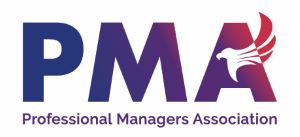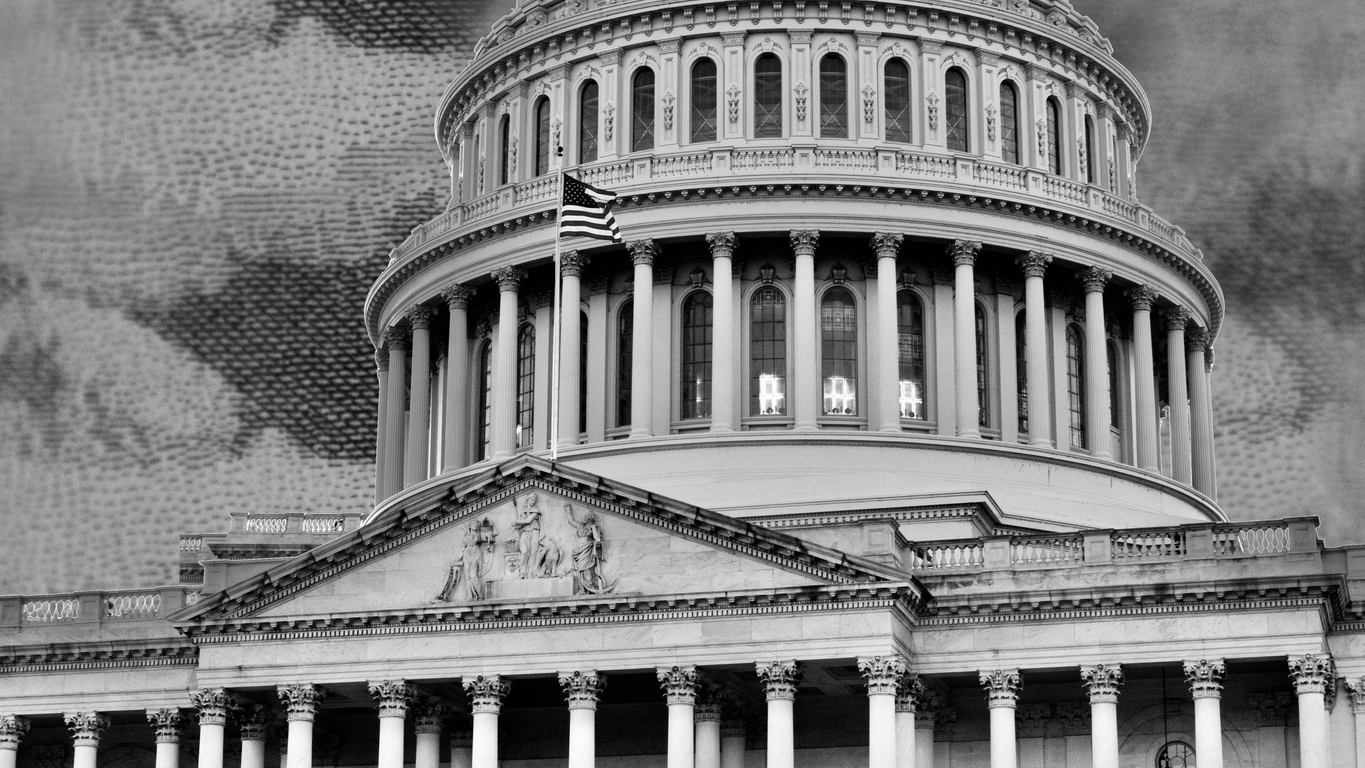

The Honorable Tom Cole The Honorable Rosa DeLauro
Chairman Ranking Member
House Committee on Appropriations House Committee on Appropriations
Washington, D.C. 20515 Washington, D.C. 20515
RE: PMA Letter on IRS FY 2026 Appropriations
Dear Chairman Cole, Ranking Member DeLauro, and Members of the Committee:
On behalf of the Professional Managers Association – the non-profit professional association that has, since 1981, represented professional managers, management officials, and non-bargaining unit employees at the Internal Revenue Service (IRS) – I write regarding funding for the IRS in FY 2026.
During the past two filing seasons the IRS demonstrated to Congress and the American people that with adequate investment our dedicated employees will deliver a smooth and successful filing
season. With adequate resources to achieve its mission, the IRS demonstrated its capability to deliver a smooth and successful filing season with adequate investment. The IRS assisted more
taxpayers in person while expanding free filing options and improved digital tools on IRS.gov. In recent years the IRS has also been able to make progress on critical IT modernization, customer
service improvements, and hiring efforts through multi-year funding provided by the Inflation Reduction Act (IRA). These advancements made a real difference for millions of taxpayers, with
phone and customer service levels jumping over 60 points in recent years.
The proposal to strip over $2 billion in IRS funds, on top of the IRA funds already rescinded earlier this year, threaten to decimate the IRS’ capability to meet its mission and will devastate customer
service and tax administration. These proposed cuts will result in an exceptionally challenging tax filing season next year in 2026, right before midterm elections.
Technology alone can not fill the huge gaps created by over 26,000 staff departures, with tens of thousands more expected to leave the staff rolls this fall, and an ongoing hiring freeze preventing
any thoughtful backfilling. Managers often mediate between staff frustrations and technological demands placed upon them, balancing the need for adoption with the very real challenges of
usability, training gaps, inconsistent performance, and lack of frontline input in the design phase. These issues are often compounded by limited resources and timelines that do not reflect operational realities.
In many cases, managers find themselves responsible for troubleshooting issues, addressing morale concerns, and communicating system workarounds—all while meeting performance expectations tied to new systems.
The IRS is currently characterized by a loss of institutional knowledge, increased workload for remaining managers, uncertainty in leadership pipelines. IRS managers are not being provided voluntary and involuntary employee separations. The publication by the Taxpayer Advocate of the 2025 mid-year report1 provided the first public information about specific impacts of workforce cuts and staff departures on the IRS, by business function and by the professions and positions of affected employees. Prior refusal by the IRS and Treasury to release this basic workforce information, including to Congress as it considers FY 2026 funding, have limited the ability of policymakers to connect the dots between IRS workforce capabilities, customer service, and tax administration.
IRS managers are learning about new directives and guidance via media reports instead of agency leadership. IRS managers are not included in the planning around changes both major and minor, severely limiting their ability to lead and effectiveness in implementation. Managers are increasingly tasked with complex responsibilities while understaffed and sometimes handling the duties of multiple managers, impacting service delivery and compliance programs. As the Trump Administration pursues new direction for the agency, this lack of support and communication with managers is not a recipe for success, but for mistakes and scandals.
IRS managers are on the front lines of implementing policy changes, service enhancements, and organizational priorities. Yet too often, they are excluded from the early stages of policy development and are not informed in a timely or strategic manner. This leaves them unprepared to address questions from their teams, explain the rationale behind decisions, or effectively guide their employees through transitions. In many cases, managers are the last to learn about new initiatives—receiving updates at the same time, or even after, the rest of the workforce and employee unions. This not only undermines their credibility as leaders but also hinders their ability to promote agency resources, support workforce engagement, and maintain operational stability during periods of change.
Managers need to be equipped with advanced knowledge, talking points, and implementation guidance before initiatives are rolled out to frontline staff. As the bridge between senior leadership and employees, managers play a vital role in communicating goals, reinforcing priorities, and driving adoption. Keeping them in the dark until the last-minute damages trust, weakens execution, and results in avoidable confusion and inefficiencies.
PMA is seeing declining morale among front-line managers due to perceived lack of recognition, limited advancement opportunities, and burnout. IRS managers are opting to voluntarily downgrade their positions to line-roles because the inadequate financial renumeration does not justify the added stress and work required by management positions.
In the association’s history, this is the most dire leadership environment the IRS has experienced, with very few IRS employees eager and interested in becoming IRS managers. The challenges facing IRS managers—particularly in light of workforce restructuring and reorganizing, increasing workloads, a decimated budget, and ongoing modernization efforts—warrant thoughtful attention from all IRS stakeholders. Congress must advocate for transparency around IRS operations that can yield the strategic attention by policymakers necessary to develop solutions that enhance operational efficiency, support and sustain managerial leadership, and ultimately improve IRS taxpayer service and customer experience.
Please contact PMA Washington Representative Jason Briefel (jbriefel@shawbransford.com) if we can be of further assistance.
Thank you for your consideration of PMA’s perspective.
Sincerely,
Kelly Reyes
Executive Director
CC: Members of House Com